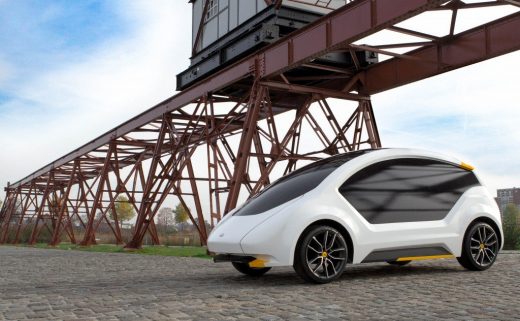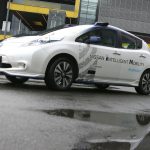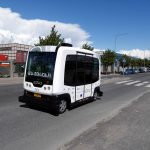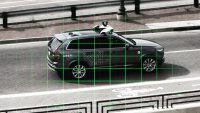Dutch mobility startup aims for self-driving car deployment by 2018
Dutch mobility startup aims for self-driving car deployment by 2018
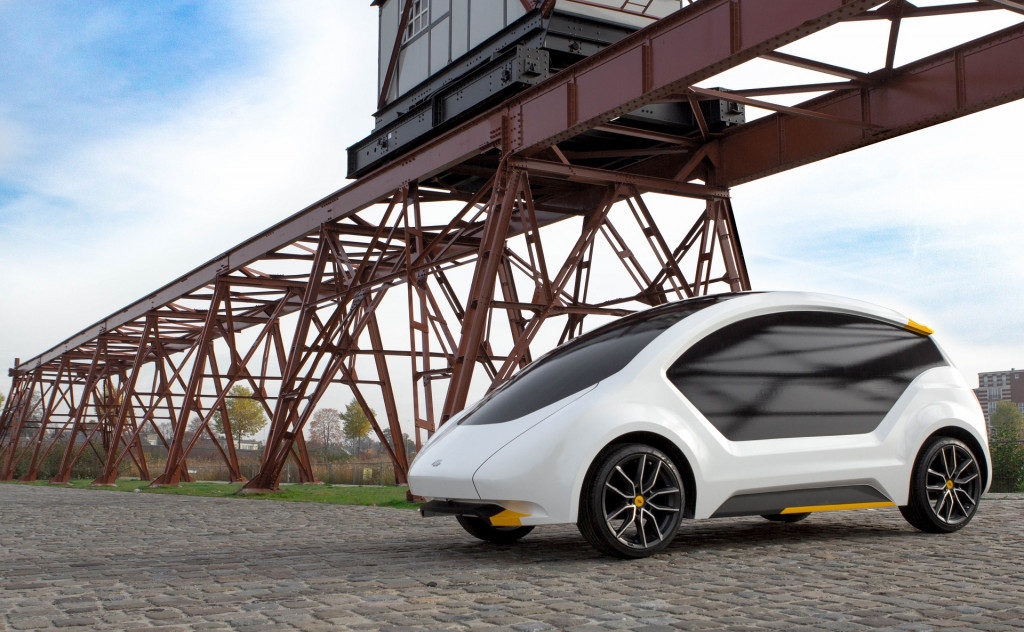
Amber, a mobility startup, has an ambitious plan to deploy self-driving cars in Dutch cities by mid-2018. The team, a spin-out of the Eindhoven University of Technology, is building a ride-sharing platform that will use student drivers to start, before switching to autonomous vehicles.
It uses a predictive analytics platform that calculates where the next fare will be, lowering wait times. If one of Amber’s taxis is not available, the app calls a regular cab. As the app gets smarter and Amber adds more drivers, it expects wait times to decrease.
See Also: Lyft and nuTonomy announce autonomous R&D partnership
Cameras, radar, and other sensors are always collecting data, during the daytime with the drivers, and throughout the night in self-driving mode. Amber has received approval to test its self-driving system on roads in Eindhoven and Helmond, and other cities should come soon, as Netherlands is one of the more forward thinking European countries on autonomous vehicles.
“Other companies working at self-driving technology have trouble testing because they always need an engineer behind the wheel,” said Amber CEO Steven Nelemans to GreenBeat. “Our cars are driving during the day with normal drivers to accumulate data. And at night they accumulate even more data in the self-driving mode. We can learn much faster.”
Amber plans to launch its first car in 2021, the Amber One, designed with modular components that can be easily replaced. The car, we assume, will have all of the usual self-driving hardware, like Lidar sensors and high-powered graphics processors. The BMW i3 is the current car of choice.
The startup is looking to raise $ 70 million, which would fund the next few years, as Amber starts to deploy self-driving cars throughout the day.
The post Dutch mobility startup aims for self-driving car deployment by 2018 appeared first on ReadWrite.
(28)

